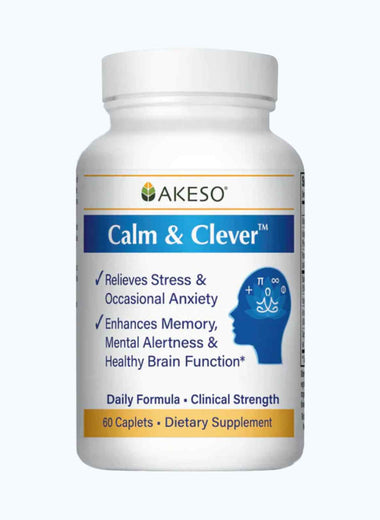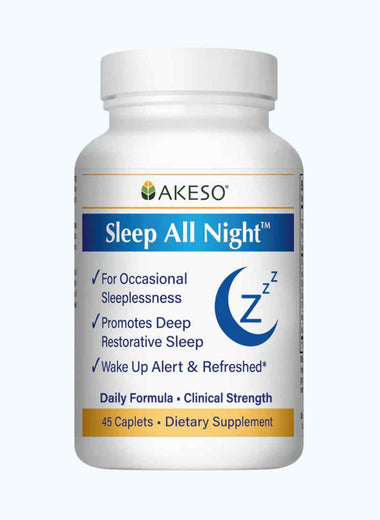For several decades I’ve played competitive tennis on the cement courts in Southern California. In hindsight, being slightly bowlegged exaggerated the pressure and forces on my knees, so its not surprising that I developed knee arthritis and significant knee pain.
I’m a pharmaceutical chemist, for those who don’t know me, and have a master’s degree in clinical nutrition. Unfortunately, the pain developed close to 30 years ago before I became an expert on plant chemistry and its potential benefits. Because of this expertise, I became the principal investigator of several studies funded by the National Institutes of Health exploring the benefits of natural compounds for the prevention of Alzheimer’s disease. I mention this so you understand I am a scientist, not just some marketing person at a dietary supplement company. Because the pain occurred before my plant chemistry studies, I agreed to do bilateral knee surgery, which was unsuccessful and made my pain worse.
If you suffer from knee pain, I don’t have to tell you how negatively it affects your quality of life. Walking up and down stairs is not only a real challenge but potentially dangerous due to the instability the pain causes. Standing up from a chair or doing a deep knee bend to pick something off of the floor can be difficult and painful.
Having the training and ability to access and analyze medical studies and wanting to avoid drugs, I experimented on myself with those dietary supplements and herbal extracts that had clinical documentation to potentially reduce knee pain. I tried glucosamine and chondroitin sulfate at the proper dosages and for the proper amount of time but found little or no benefit. This was not particularly surprising because several randomized placebo-controlled studies also found no benefit while some other studies did. It is important to note that many supplements you read about sound good but don’t have quality human studies supporting their use.
Inflammation is a significant component of osteoarthritis that causes the pain we experience. Inflammation is a component of every chronic degenerative disease that we may develop as we age. So controlling it is crucial to reduce the pain of arthritis and decrease the risk of developing age-related chronic degenerative diseases.
I understand what happens physiologically and chemically in the body allowing inflammatory compounds called cytokines to develop and take hold causing damage and pain. There are literally dozens of plant phytochemicals that have some degree of anti-inflammatory mechanisms of action. The goal of my research was relatively simple. I had to determine which of these phytochemical compounds were the most effective at reducing inflammation and pain.
If I found a particular phytochemical compound to be superior, the fact that it might cost more had absolutely no impact on my decision to use it when formulating dietary supplements. Often in the dietary supplement industry, certain compounds are substituted or used at reduced non-therapeutic doses by companies trying to save money. Making these kinds of decisions is foreign to my nature and my ethics.
After several years of experimenting with the various anti-inflammatory phytochemicals I believed had the most potential both individually, and combined, I discovered a formulation that reduced my knee issues by 70 to 90% depending on normal day-to-day fluctuations. This combination also improved the health of my muscles, ligaments, cartilage, and bones for the long term, and drastically improved the active, mobile life I now enjoy.
Click HERE for the best natural herbs, vitamins, and minerals for joint comfort and mobility.
If knee or joint pain is an issue in your life, I strongly suggest you also read the free white paper I created for the thousands of physicians, nurse practitioners, and other healthcare professionals who either use or recommend my formulations. The white paper describes pharmacological and non-pharmacological interventions and discusses the data on traditional options as well as individual natural alternatives for joint comfort, integrity, and function.
To the Best of Health,
Curt Hendrix, M.S., C.C.N., C.N.S.
Chief Scientific Officer, Akeso Health Sciences






